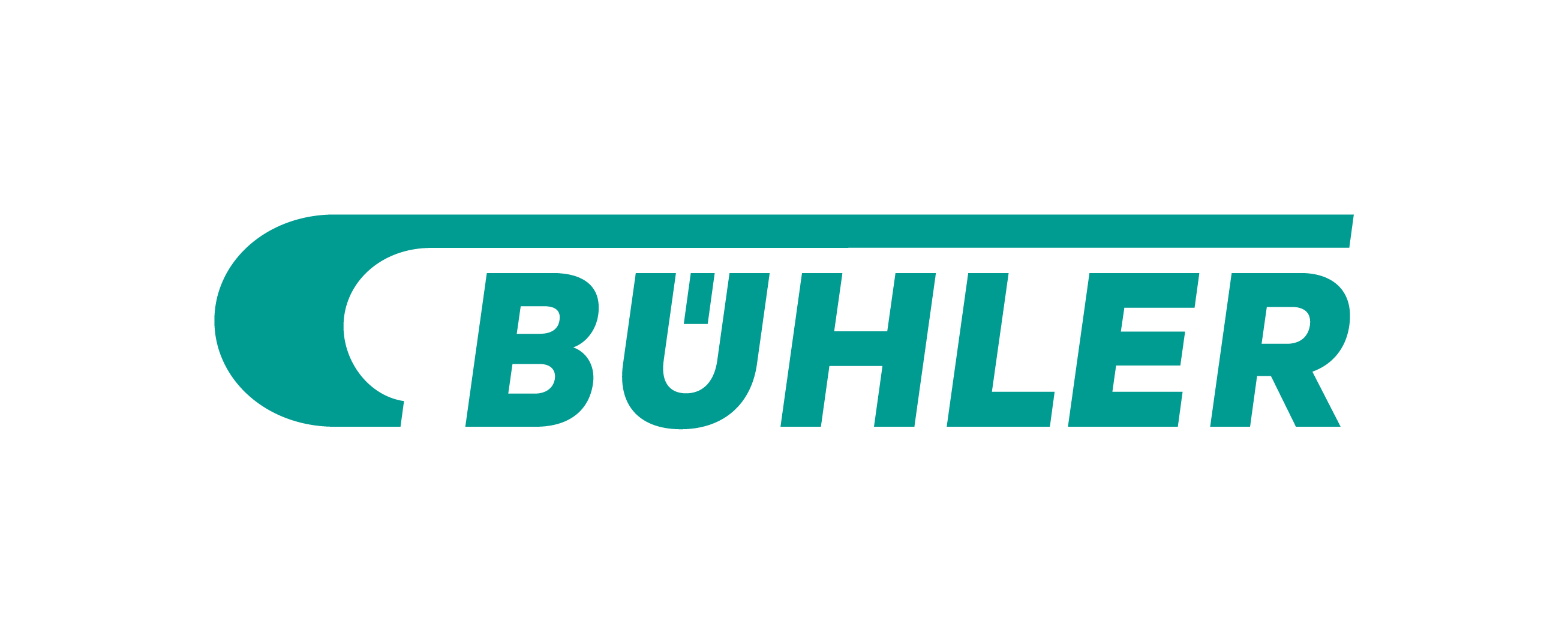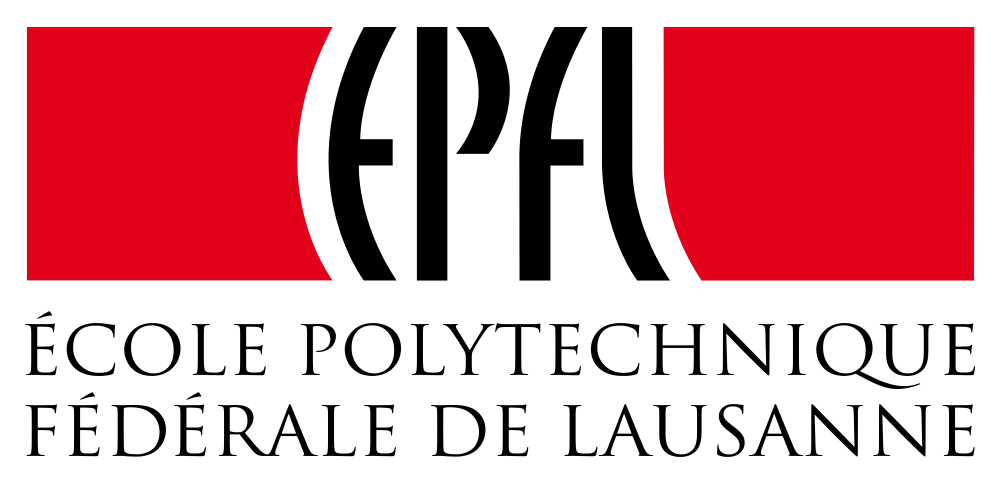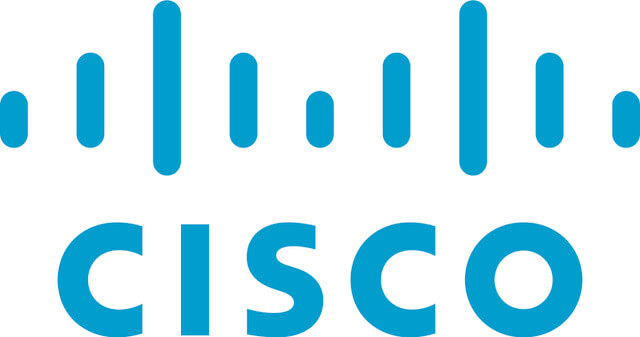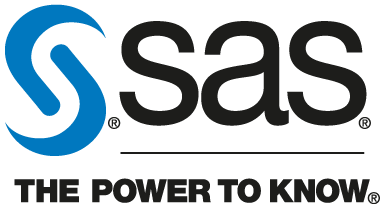Thank you for a great event!
The industrial audience will particularly value workshops geared toward their daily analytics challenges, as well as sessions focusing on IoT and AI applications in an industrial environment. Case studies will provide an in depth look on how data science can help solve tangible problems encountered by corporations.
The scientific program will include invited plenary talks, as well as regular oral and poster sessions with contributed research papers, and data challenge sessions. Papers are solicited in (but not limited to) the following topics:
Computational models and representation for data science
Tensor factorizations. Compressive sampling. Randomized linear algebra. Graph simplifications and multiresolution representations. Transformations and spectral representations. Distributed algorithms.
Acquisition, storage, and retrieval for large-scale data science
Hardware and architectures. Software and Cyberinfrastructure. Protocols for networked storage. Compression for data storage. Sketching and streaming. Scaling up algorithms.
Visualization, summarization, and analytics
Data presentation architectures and dashboards. Data visualization and human perception / cognition. Business intelligence. Data wrangling.
Learning, modeling, and inference with data
Graph signal processing. High-dimensional spatio-temporal modeling. Theoretical limits. Anomaly detection. Graph learning. Statistical modeling of heterogeneous data types. Post-selection inference. Analysis of deep learning algorithms. Crowdsourcing. Stream mining. Statistical uncertainty quantification.
Data science education
Innovative approaches to teaching data science. Data-informed learning theory. Learning analytics.
Data science process and principles
Reproducible research. Open source data science. Workflow. Meta-analysis. Data science ethics. Algorithmic fairness. Bias in science.
Applications
Social media, recommendation systems and collaborative filtering. Defense, intelligence and security. Biology and medicine. Astronomy and other physical sciences. Audio, image, video analytics and computer vision. Urban informatics. Social sciences. Business analytics, forensics and finance. Applications leveraging domain knowledge for data science.
Papers should be at most four pages long in double-column format. Information regarding the submission process is available on the workshop website.
Special session proposals can be submitted through the workshop web site. They must include a topical title, session outline, contact information of proposers, and the list of invited papers and authors. Special session authors are referred to the workshop website for additional information regarding the submission process.
Exciting data challenges with real-world impact will be communicated in time before the workshop. The challenges will be hosted by crowdAI and powered by RENGA, the SDSC analytics platform for collaborative open science.
Three types of awards are being set up: Best Paper Award, Best Student Paper Award and the Grand Challenge Award. The selection criteria for these awards include the scientific quality of the paper and the presentation of the oral contribution or challenge presentation.
IMPORTANT DATES
Deadline for special session proposals
January 10, 2018
Submission of full papers
February 23, 2018
Notification of acceptance
April 25, 2018
Deadline for late breaking results posters submission
May 6, 2018
Camera-ready paper submission and Author registration
May 7, 2018
Early registration
May 7, 2018
General Chairs
Olivier Verscheure, SDSC, Switzerland
Pascal Frossard, EPFL, Switzerland
Technical Program Chairs
Antonio Ortega, USC, USA
Eric Kolaczyk, BU, USA
Keynote Speakers Chair
Philippe Cudré-Mauroux, University of Fribourg, Switzerland
Special Sessions Chair
Deepak Turaga, IBM Research, USA
Grand Challenges Chair
Marcel Salathé, EPFL, Switzerland
Finance Chair
Dorina Thanou, SDSC, Switzerland
Publication Chair
Xiaowen Dong, University of Oxford, UK
Local Arrangements and Publicity Chair
Floriane Jacquemet, SDSC, Switzerland
This event is supported by:






